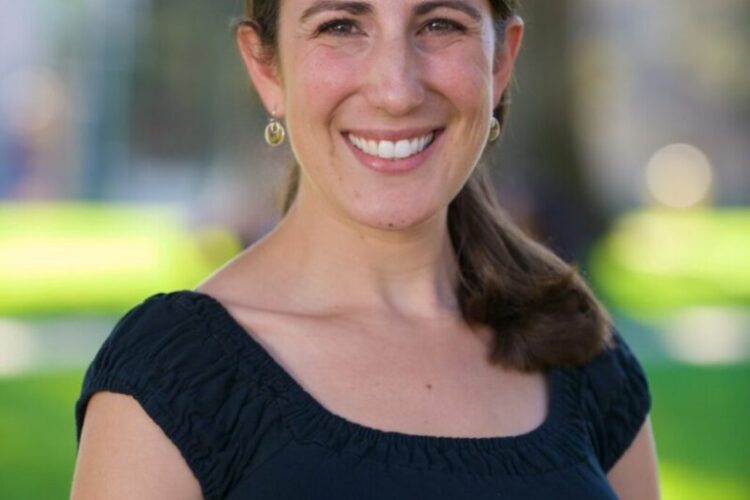is a Professor of Kinesiology and Public Health at the California Polytechnic State University and author of Promoting Responsive Feeding during Breastfeeding, Bottle-feeding, and the Introduction to Solid Foods. She earned a B.S. in Psychology with an emphasis in Biology and a minor in Community Nutrition from the University of California, Davis, a M.S. in Nutritional Sciences and a M.S. in Human Development and Family Studies from the Pennsylvania State University, and a Ph.D. in Human Development and Family Studies from the Pennsylvania State University. Dr. Ventura also trained as a NIH Ruth L. Kirschstein National Research Service Award postdoctoral fellow at the Monell Chemical Senses Center, a taste and smell research institute in Philadelphia, PA. Dr. Ventura’s expertise and research focuses on how family interactions shape dietary preferences, eating behaviors, and growth trajectories during infancy and early childhood. For the past 13 years, she has had many opportunities to put “theory to practice” with her own two sons, aged 11 and 13 years.
